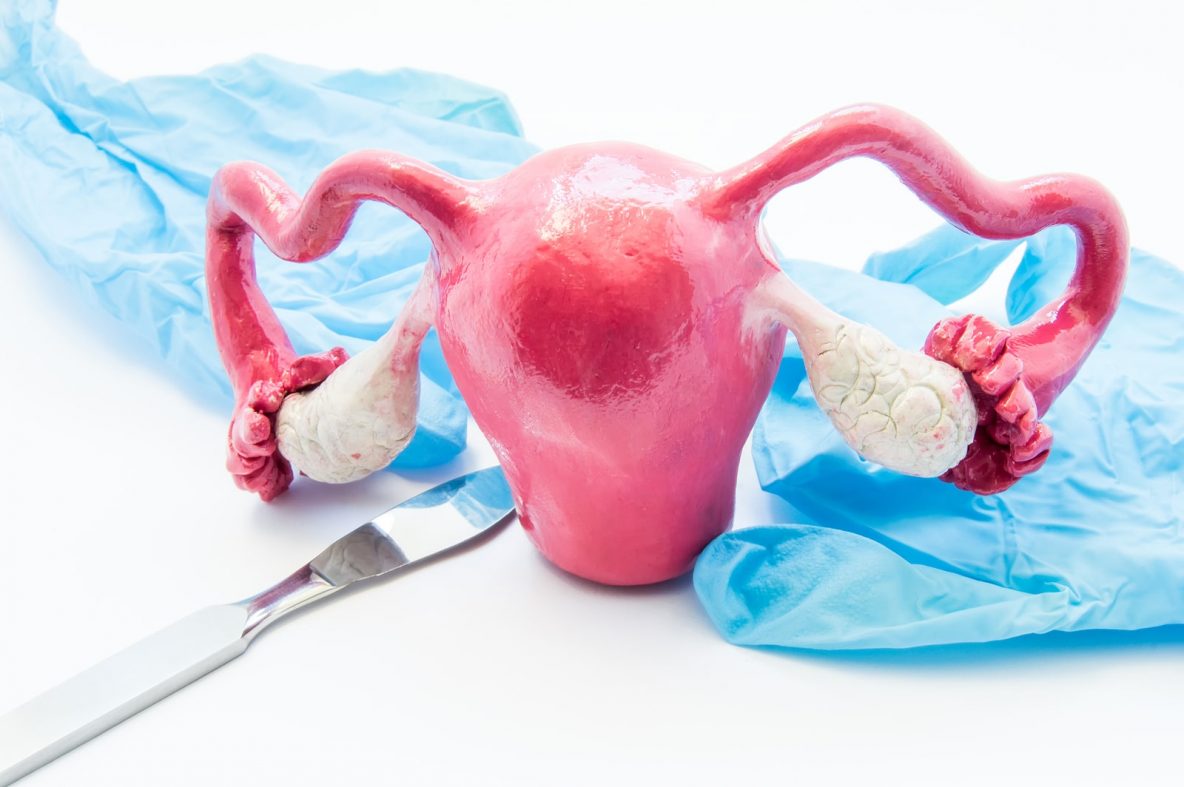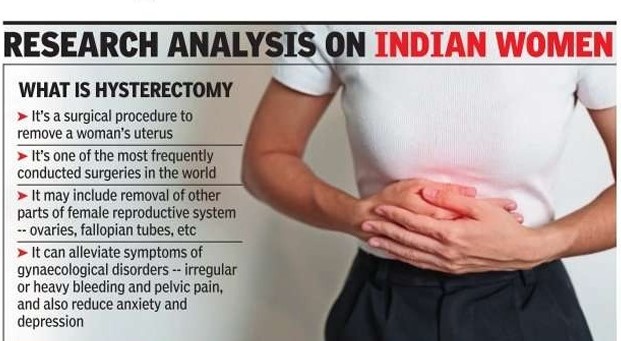
It found hysterectomy was two times more prevalent among women from the richest wealth quintile (17.3%) than among poorer women (7.7%). “Women belonging to other backward castes category, women belonging to the richest wealth quintile and those with a lower age of marriage were at a higher risk of undergoing hysterectomy,” said one of the authors, Gaurav Gunnal from the Deonar-based International Institute for Population Sciences.


The research, published in an indexed and peer-reviewed medical journal, ‘Women’s Reproductive Health’, analysed data from Longitudinal Ageing Study in India on reasons for hysterectomy in older women.
“Women living in urban areas were more likely to report having had a hysterectomy as compared to women from rural areas,’’ he said.
The paper mentioned that women with two children were at a higher risk for hysterectomy than those who had one or no children.
“Also, financially better-off women underwent hysterectomy as a preventive medical procedure for menstrual pain relief, whereas poor women undertook the surgery for uterine prolapse and other reasons,” added authors Gunnal, Dhruvi Bagaria and Sudeshna Roy.
In recent years, there is growing concern over “unnecessary hysterectomies” in India, with evidence that practitioners in some states perform the surgery for young women in their 30s to gain state insurance payoffs and other social schemes. In parts of Maharashtra, women farm labourers underwent hysterectomy early as they couldn’t work on days of their menstrual cycle and feared a drop in earnings.
Across India, 11.5% women aged 45 and above have undergone hysterectomy, which amounts to more than one in 10 women above age 45. The study found wide variation across the country: higher prevalence in the south (18.2%), followed by western states (12.7%) and northern states (10.3%). North-east had the lowest rate (3.8%).
However, some experts were not convinced with the findings. “How can financial status dictate hysterectomy?” asked gynaecologist Prof Niranjan Chavan from BMC-run Sion Hospital. He said in public hospitals, the most common reason was excessive or prolonged bleeding beyond 6 months despite medication. “Fibroids, cysts and uterine prolapse are other main reasons for removal of uterus,’’ he said, adding: “Many women who come for hysterectomy to public hospitals are scared. They incorrectly presume hysterectomy will reveal cancer, and ignore pain and discomfort for long.”
Another doctor said the study was biased as it looked at self-reported reasons for hysterectomies.Courtesy & Credit :


